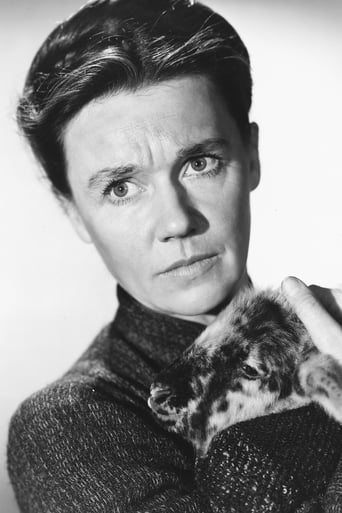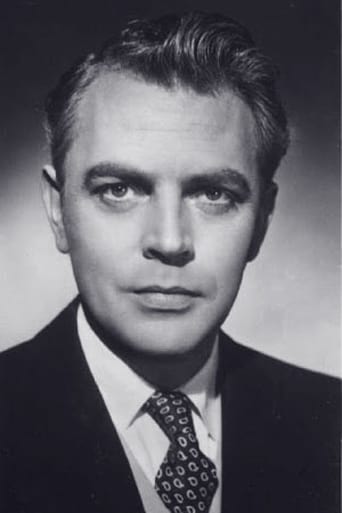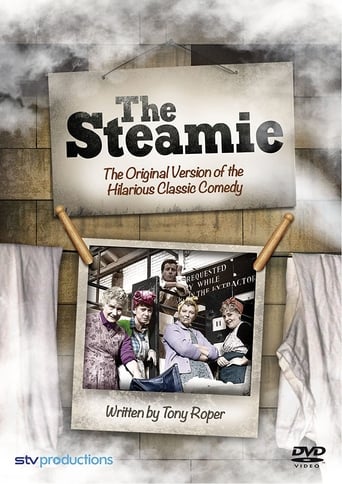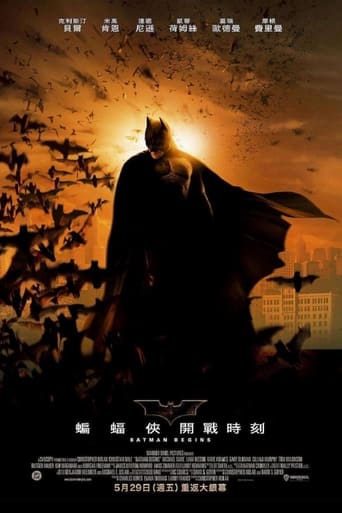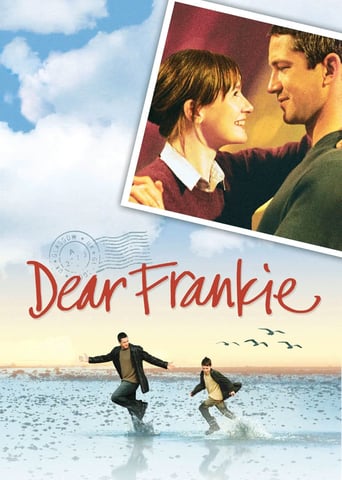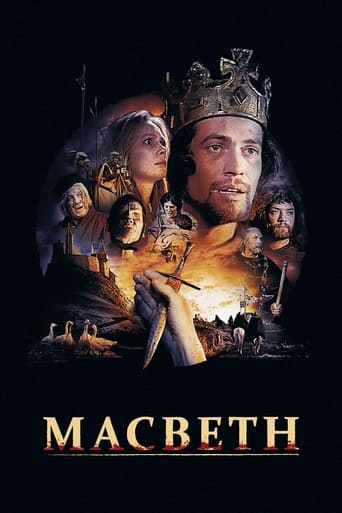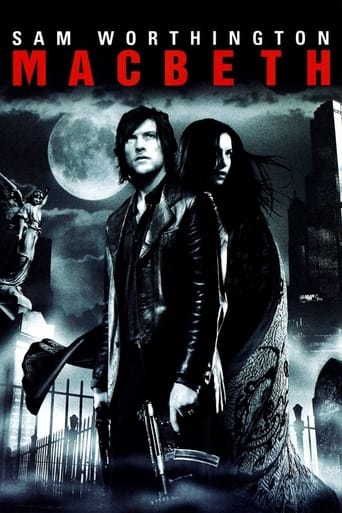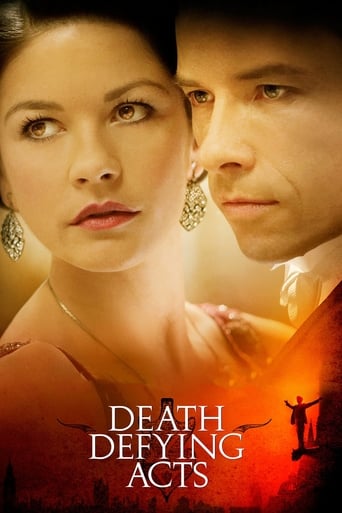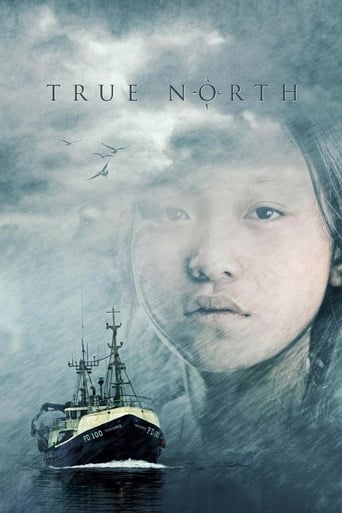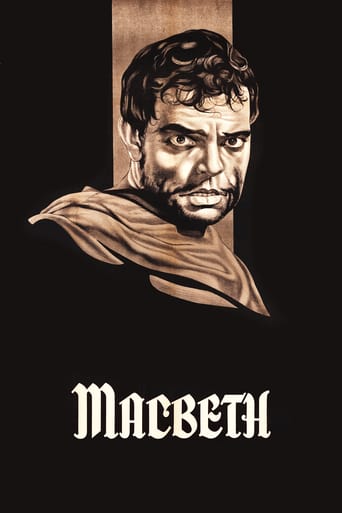
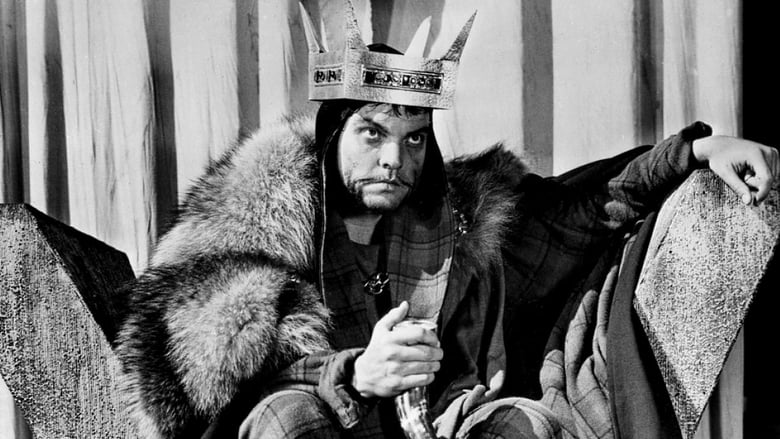
Macbeth (1948)
A Scottish warlord and his wife murder their way to a pair of crowns.
Watch Trailer
Cast


Similar titles
Reviews
In fog-dripping, barren and sometimes macabre settings, 11th-century Scottish nobleman Macbeth is led by an evil prophecy and his ruthless yet desirable wife to the treasonous act that makes him king. But he does not enjoy his newfound, dearly-won kingship...Macbeth marked the fourth time that a post-silent era Hollywood studio produced a film based on a Shakespeare play: United Artists had produced "The Taming of the Shrew" in 1929, Warner Brothers made "A Midsummer's Night Dream" in 1935, and Metro-Goldwyn-Mayer produced "Romeo and Juliet" in 1936. None of these films were commercially successful, but the commercial and critical prestige earned by Laurence Olivier's film version of "Henry V" (which was produced in Great Britain in 1944 but not seen in the U.S. until 1946) helped to propel Welles' "Macbeth" forward.I am surprised that these films were not successful. And then comes Welles, who has such a large personality. This film is excellent, but he is a dominant part of the film -- directing, starring, and it seems he rearranged the sequences to make even the plot his own. Welles... artist or narcissistic dictator?
"My purpose in making Macbeth was not to make a great film." - Orson WellesShot on a meagre budget over just 23 days, plagued by pre and post production problems and mutilated by Republic Pictures before being restored many years later, Orson Welles' "Macbeth" is nevertheless a fine take on William Shakespeare's now well-known tragedy. Welles keeps things interesting by passing the material through a noir filter, with devious femme fatales, expressionistic sets, chiaroscuro lighting, poor saps, much existential brooding, fated demises and an onslaught of clever compositions, long takes and camera tricks. One gets the impression that Welles, because he was plagued by financial and production difficulties, was always desperate to pack as much razzle dazzle into his films as possible. He might, after all, never get another chance to direct.Welles famously shot "Macbeth" only as a means of gathering funds for future projects. The film is nevertheless very good, and echoes a number of his other pictures (particularly "Citizen Kane"), with its characters who lust for power and whose aspirations for control, stature and "greatness" result in their own downfalls. This, of course, all echoes Welles' own tragic career. Welles the legend seems to himself be some great, fallen Shakespearean King, dethroned and left to wander alone in exile.Welles would direct three films based on Shakespeare's works (and many theatre productions, one of which was "Voodoo Macbeth", which featured an all African American cast), his best being perhaps "Chimes at Midnight". Welles' "Macbeth" doesn't quite touch Akira Kurosawa's and to a lesser extent Roman Polanski's take on the same Shakespeare play – Kurosawa's is more tense, subtle, restrained ("Throne of Blood"), Polanski's is gloomier, more corporeal – but there are stretches here that surpass anything Kurosawa and Polanski do. Welles' landscapes, bathed in shadow and ominous thunder, suggest some mad mind-space, where power's pursuit turns everyone into fanged barbarians, and every now and then he'll zap your eyeballs with some off-beat image or composition. Welles, who also stars in the film, also includes several sad passages which echo his' own off-screen wounds; the recent collapse of his marriage, the studio mutilations of "Shanghai" and "Ambersons", the collapse of several film projects...there's a strong autobiographical quality to Welles' films; Welles, the doomed and the damned.For those familiar with the "Macbeth" play, there isn't much new here; lots of talking heads, soliloquies and monologues. But a nightmarish, deliberately primitive aesthetic helps keeps the dialogue fresh, and the film should play well to younger audiences who've never read Shakespeare, sat through a stage-play, or are unfamiliar with "Macbeth's" plot.8/10 - Destroyed by critics and producers upon release, "Macbeth" would be reappraised with the release of a special "restored cut" in 1980. Worth two viewings. See Kurosawa's "Ran", one of the finest Shakespeare adaptations.
After Laurence Olivier's epic production of Henry V in 1944, movie versions of Shakespeare plays suddenly became viable again after a dwindling of interest in the 30s. And this being the era of film noir, the Shakespeare pictures that appeared in the late 40s and 50s were almost all of the tragedies. Olivier's Hamlet was the big Oscar-winner of 1948, but just preceding it was Orson Welles's take on the overwhelmingly bleak MacBeth.This was the time in which Welles was having his infamous "troubles" with studios that would eventually make him a cause célèbre. Unable to get work with the majors MacBeth finds him working for Republic, a tiny studio yet one that produced some good stuff occasionally. While most Shakespeare adaptations from this period tried to open the plays out a bit, the low budget on offer here actually gives MacBeth a very stagey look. The castle where most of the action takes place is just a sparse couple of walls, a staircase and some scattered props, very much like a stage "building". This actually serves the play fairly well. Low-key lighting and billowing mist hide the gaps in the set and the fact that Welles only had a handful of extras for the "crowd" scenes, but they also give it that stark and stifling atmosphere that MacBeth needs.And that is not to say that this version of MacBeth is not cinematic. Welles's style as a director is, as always, one of style over substance. He is great at visual tricks and aesthetic shots, but didn't really understand the nuances of cinematic expression. But MacBeth is a Shakespeare play which can stand a bit of style over substance. It's not Shakespeare's best story, but it is a very poetic piece, with elements of myth and the supernatural. Welles's quick cuts, roving camera and baroque shot composition actually suit the material, creating some beautifully haunting and rhythmic sequences. The scene of MacDonwald's execution is a fine example, a hypnotic montage of grim faces, MacBeth running to embrace his wife before a gallows, and the drums constantly beating out an eerie tension. Later there is also the dynamic battle sequence, given impact with some rapidly-edited dolly-in shots.Now let's look at Welles the performer. His acting is not exactly world-class, but he really gets into the swing of it. I think more than any other role he played, you can actually forget that it's Welles and just see the character. And he certainly makes a better Scot than he did an Irishman in The Lady from Shanghai. His Lady MacBeth, Jeanette Nolan, was originally a radio actress and unsurprisingly her best asset here is her voice, at times coarse, at others sibilant, every consonant crystal clear, and absolutely full of the character. Despite her lack of experience she seems able to do the visual, physical acting as well. The rest of the cast are uniformly decent – theatrical yes, but never excessively hammy. No-one is trying to steal the scene here.The end result is probably the best film adaptation of MacBeth. It's also an adequate vehicle for Orson Welles's overtly stylised directorial style. The feel of a horror-tinged folk tale is all about this one, and while it doesn't breathe the same life into the bard that Olivier could manage (both as an actor and a director), it is a worthy and enjoyable effort.
Very frankly speaking, it's a horrible adaption of Macbeth, which might not be Shakespeare's best masterpiece, but still holds his gold-lettered signboard, I constantly keep myself from any possible idolization even if this time the object is Orson Welles. I am disqualified to evaluate Orson's works as I have not watch enough amount of them, I just articulate my feelings as far as this film is concerned. I guess the only person whom the film satisfies is Orson himself, as he seems to be quite intoxicated with his over-the-top performance while Shakespeare's brilliant lines could intermittently jump out of his mouth. For me it looks like even his co-star Jeanette Nolan (Ms. Macbeth) would like to finish her role (by jumping from the cliff) earlier. The film is merely a second-class Shakespeare's play with a bigger but undeservedly shabby set, actually a burlesque may be more accurate. Of course, no matter what it is still the original Macbeth, so it does has its own charm in spite of its potboiler quality, which could not be attributed to Orson himself (maybe the horror surrealistic background he creates is an exception). So clearly I'm not a B-movie fan, in my opinion the controversy of the film is largely due to the fact that it is made by Orson Welles, a prematurely senile genius, other than the film itself. The performance is un-even, Orson is not Laurence Olivier (in 1948 Laurence's Hamlet was a huge success), on the contrary, Jeanette Nolan became my sole guilty pleasure in this film (the truth is that there is sheerly no other choice for me, perhaps the three witches also stand a chance), I am not familiar with theatrical work, so if someone tells me Orson actually has done a great job in the film, I will be very disappointed by the intrinsic characteristic of an actor.



